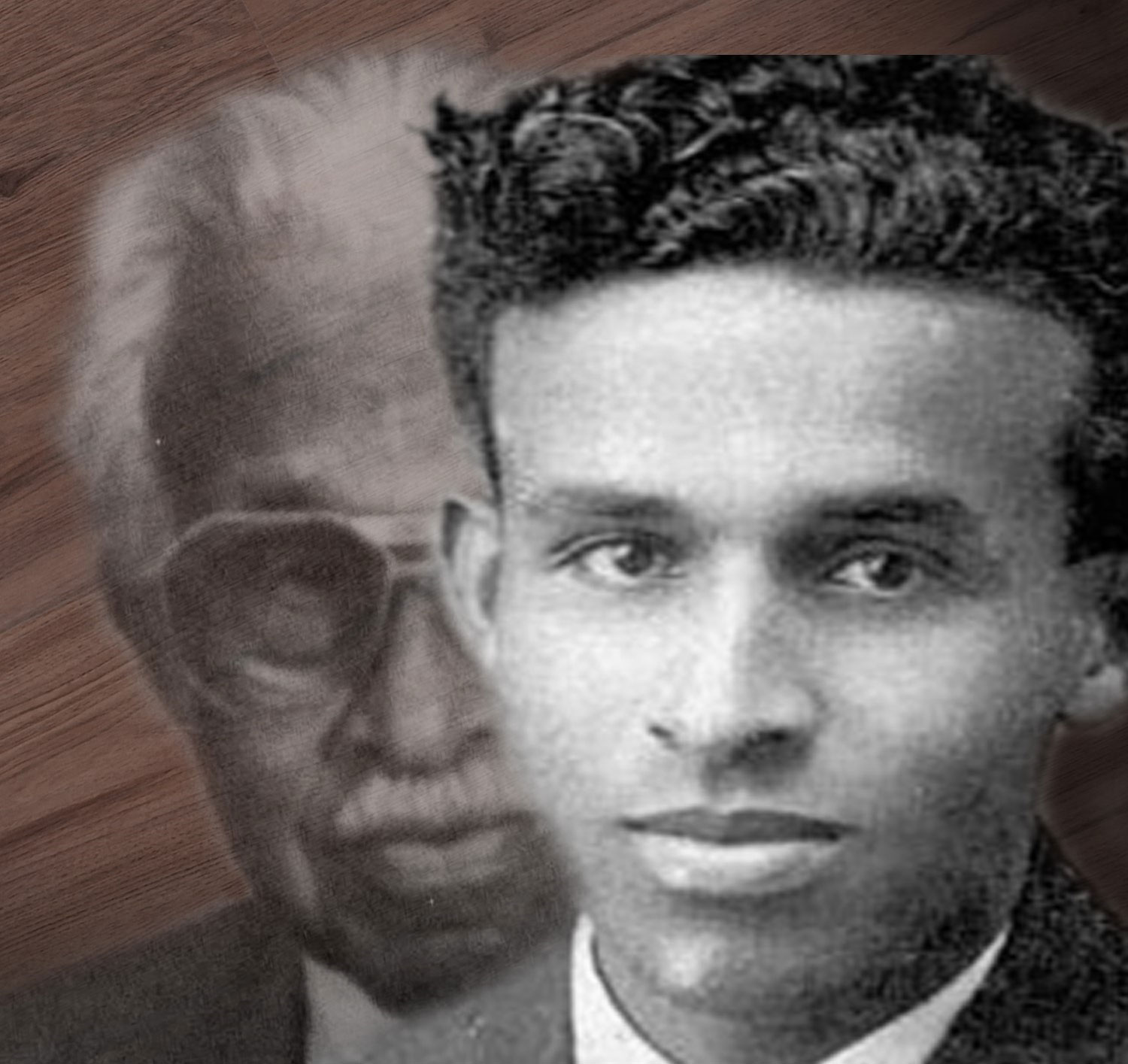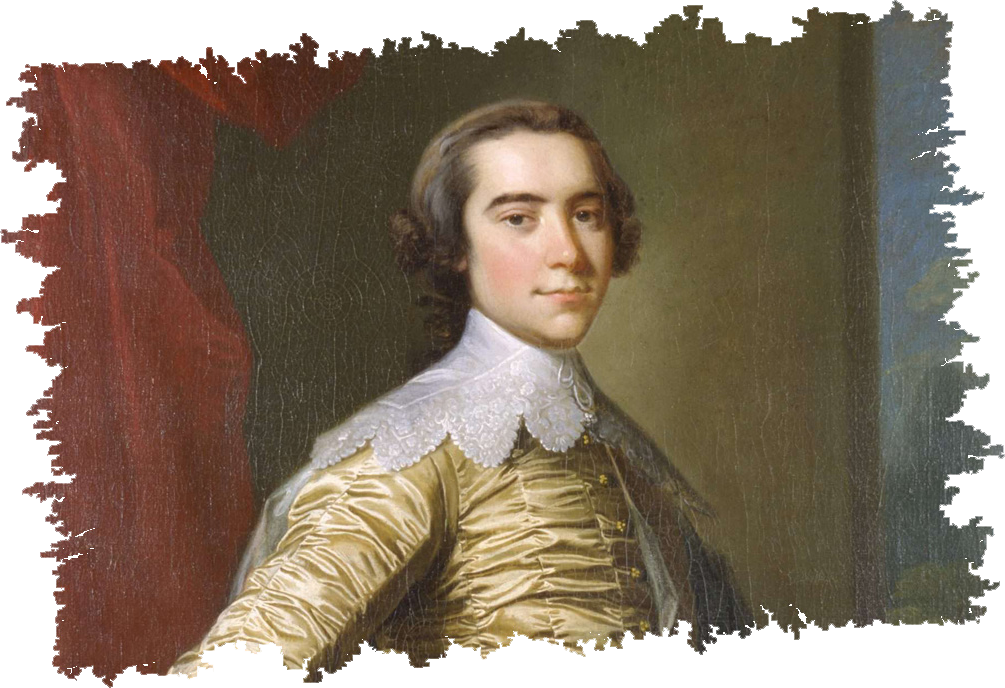Robert Carter III (1728–1804), a prominent planter and politician from Virginia’s Northern Neck, left an indelible mark on American history as a leading advocate for the abolition of slavery during his time. Known for his wealth, political influence, and radical principles, Carter’s decision to free hundreds of enslaved individuals stands as the largest manumission of slaves in the United States prior to the Civil War.
Carter, often referred to as “Robert the Liberator,” was a member of Virginia’s elite planter class and served on the Virginia Governor’s Council for nearly two decades. However, his beliefs began to shift in the years following the American Revolution. Deeply influenced by his Baptist faith, which emphasized equality and the immorality of slavery, Carter developed a conviction that he could no longer justify holding human beings in bondage.
On September 5, 1791, Carter took the extraordinary step of filing a Deed of Gift with Northumberland County authorities, initiating the process of emancipating more than 500 enslaved individuals across his estates. This act was unprecedented in its scale and defied the norms of his time. Carter’s gradual approach to manumission allowed him to navigate the legal and logistical challenges of freeing such a large number of people, ensuring their transition to freedom was as secure as possible.
Carter’s decision met fierce opposition. Family members, neighbors, and fellow planters, many of whom relied on enslaved labor for their wealth, criticized his actions. Despite this resistance, Carter remained steadfast, even going further by granting land to some of the freedmen, helping them establish new lives as independent farmers.
Robert Carter III’s actions were remarkable not only for their moral courage but also for their foresight. At a time when the institution of slavery was deeply entrenched in Virginia’s society and economy, his manumission served as a powerful statement about the potential for change.
Carter passed away in Baltimore, Maryland, in 1804, but his legacy endures as a pivotal moment in the history of the Northern Neck and the broader struggle for freedom in America. His actions remind us that even within deeply flawed systems, there were individuals willing to challenge the status quo and illuminate a path toward justice.
READ MORE

